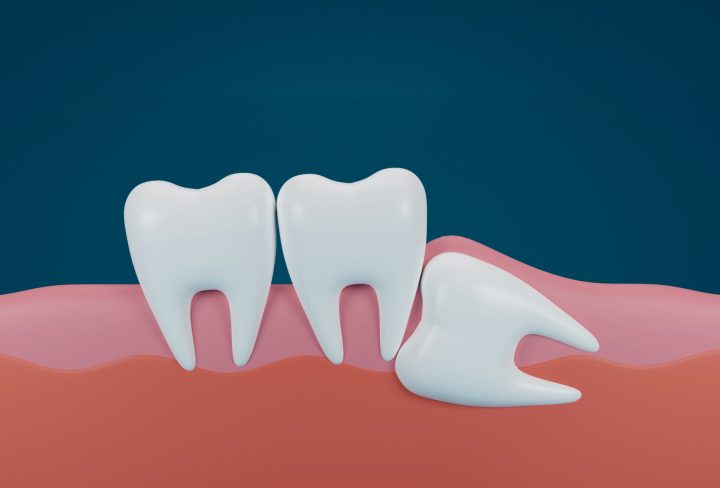Introduction to Impacted Teeth
Impacted teeth are teeth that do not fully emerge through the gums. Often, this happens with wisdom teeth, but any tooth can be affected. Because impacted teeth can cause pain and other problems, it is important to know the signs. Early care can help protect your oral health. In this blog, you will learn about dental impaction, symptoms of impacted teeth, and treatment for impacted teeth.
Causes of Impacted Teeth
Several reasons can lead to impacted teeth. For example, a tooth may not have enough space to grow. Sometimes, teeth grow at the wrong angle. In other cases, thick gums or bone block the tooth. Here are some common causes:
Because wisdom teeth are the last to come in, they are often impacted. However, any tooth can be affected.
Common Symptoms
Impacted teeth may not always cause pain. However, they can lead to several symptoms. If you notice any of these, you should see a dentist:
Sometimes, there are no symptoms. Yet, dental impaction can still cause problems over time.
How Impacted Teeth Are Diagnosed
First, a dentist will ask about your symptoms. Next, they will check your mouth and teeth. Often, an X-ray is needed. This helps the dentist see teeth that are stuck under the gums. X-rays also show if the tooth is pressing on other teeth or nerves. Because early diagnosis is important, regular dental check-ups can help find problems before they get worse.
Treatment Options
Treatment for impacted teeth depends on your symptoms and the tooth’s position. Sometimes, no treatment is needed if there are no problems. However, if you have pain or risk of infection, your dentist may suggest:
In many cases, dental surgery is the best way to prevent future issues. According to the American Dental Association, removing impacted wisdom teeth can lower the risk of infection and crowding.
Prevention and Oral Care Tips
While you cannot always prevent impacted teeth, good oral care helps. Here are some tips:
Because early action can stop bigger problems, regular check-ups are important.
When to See a Dentist
If you notice pain, swelling, or trouble chewing, see a dentist soon. Even if you have no symptoms, regular visits help catch dental impaction early. Sometimes, your dentist may spot problems before you feel them. Early care can prevent infection, tooth damage, and other issues.
Conclusion and Next Steps
Impacted teeth can cause pain and other dental problems. However, with early diagnosis and treatment, you can protect your oral health. If you have symptoms or concerns, consult a dental specialist for personalized advice. Your dentist can help you choose the best treatment for your needs.
